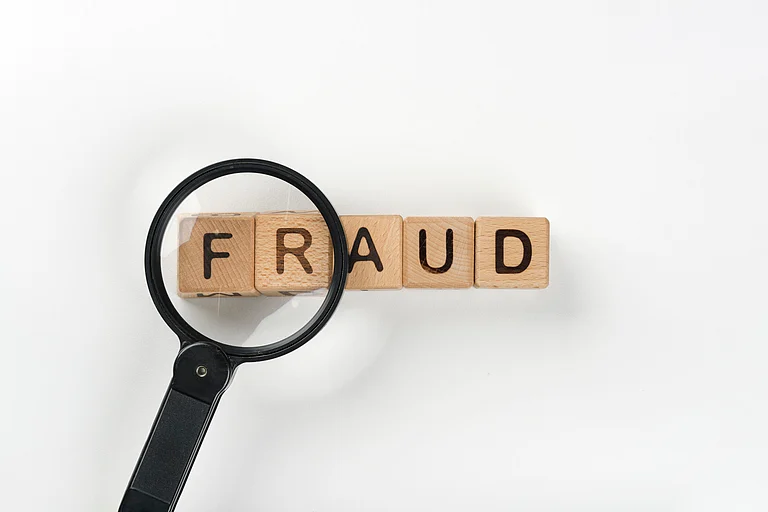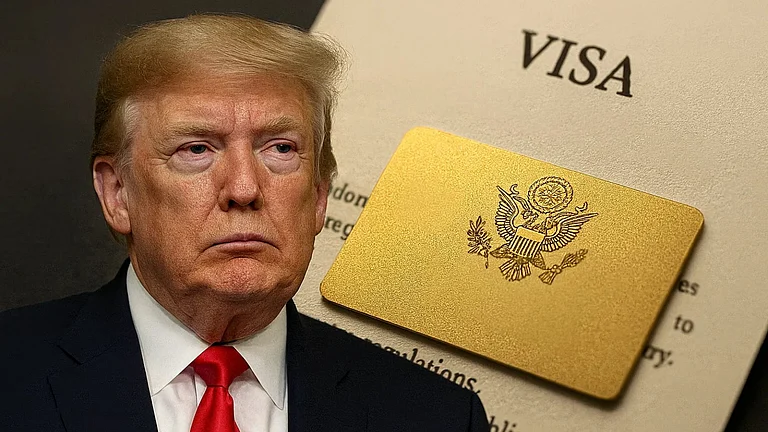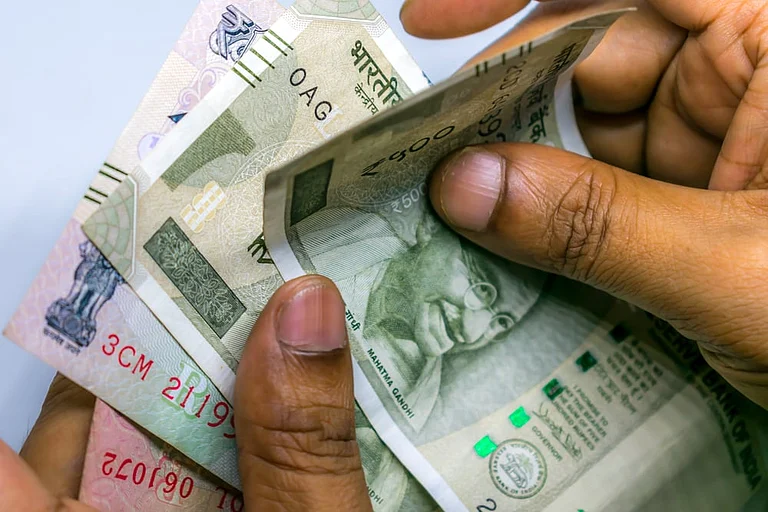Visa fraud is becoming more and more widespread nowadays. Generally, such scams take place during the student visa application process wherein unwary candidates are targeted using fraudulent strategies. It's essential to know how to safeguard yourself against such fraudulent strategies on your route to pursue international education. Here’s a look at some common student visa scams which usually occur during the visa application process:
1. Impersonation Scams
Fraudsters may pose as immigration experts or government representatives and offer accelerated processing or guaranteed visa approvals in exchange for a certain amount of money. They may deploy fear tactics, such as threatening arrest to pressure individuals into paying them.
2. Fake Educational Institutions:
Fraudulent organisations create fake or underqualified institutions where students pay tuition but don't learn anything. Taking advantage of immigration regulations, these scammers prioritise job placement over [providing any real education.
3. Document Fraud
In this type of scam, fraudsters give false documents such as bogus admission letters or visas to visa applicants who wish to speed up their immigration process. While those who procure these documents know that they are false, they use them to by-pass legal procedures. However, doing so often has grave legal consequences.
5 Tips to Protect Yourself from Student Visa Fraud
1. Research the Agency Thoroughly
Before engaging with any immigration consultant or agency, conduct comprehensive research. Check for reviews, ratings, and official accreditations to ensure the agency is legitimate. Verify if the consultant is registered with recognised regulatory bodies or government authorities. A reputable consultant will be transparent about their credentials and success stories.
2. Be Wary of Unrealistic Promises
Exercise caution with agencies that guarantee visa approval or promise expedited processing for an additional fee. No legitimate consultant can predict the outcome of a visa application or guarantee approval. A reliable organisation will give a reasonable timeframe and a thorough description of the visa application procedure.
3. Verify Credentials and Licensing
Verify if the agency or consultant is listed with the immigration authorities in your country. In India, the Ministry of External Affairs or other official authorities provide approval to legitimate agencies. Before signing any contracts, make sure to ask for the agency’s proof of registration and confirm the details with the appropriate authorities.
4. Read the Fine Print Carefully
Make sure to carefully review the terms and conditions of any agreement you sign with an immigration agency. It is important to look out for promises that appear too good to be true, ambiguous language, or hidden costs. Dishonest agencies often use ambiguous language to deceive you. However credible ones generally present an accurate and transparent contract.
5. Report Suspicious Activity
If you suspect you are dealing with a fraudulent agency you should immediately report the incident to the concerned authorities. In such a situation applicants can inform the Indian Ministry of External Affairs (MEA) or cybercrime authorities. Reporting frauds early on can help in preventing other people from falling for the same scams.
You can significantly reduce your chance of becoming a victim of student visa fraud by following these steps.

.png?auto=format%2Ccompress&fit=max&format=webp&w=768&dpr=1.0)













